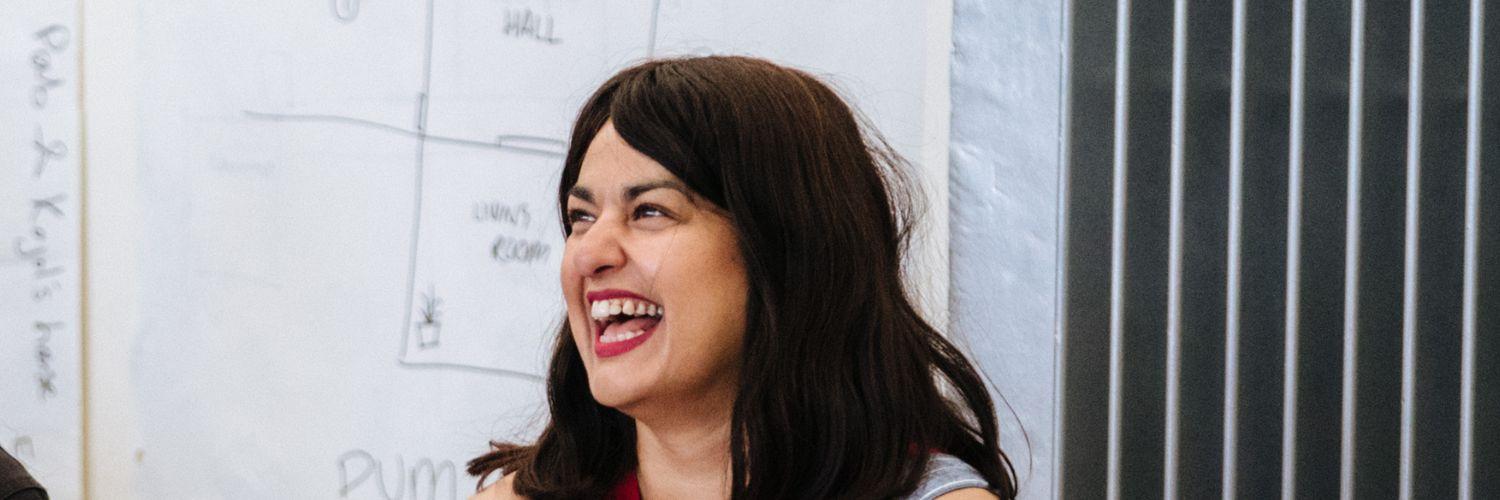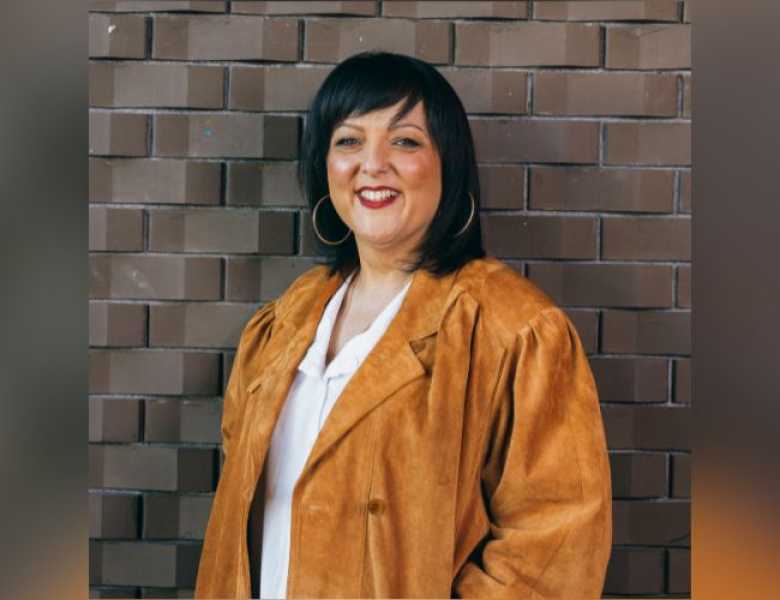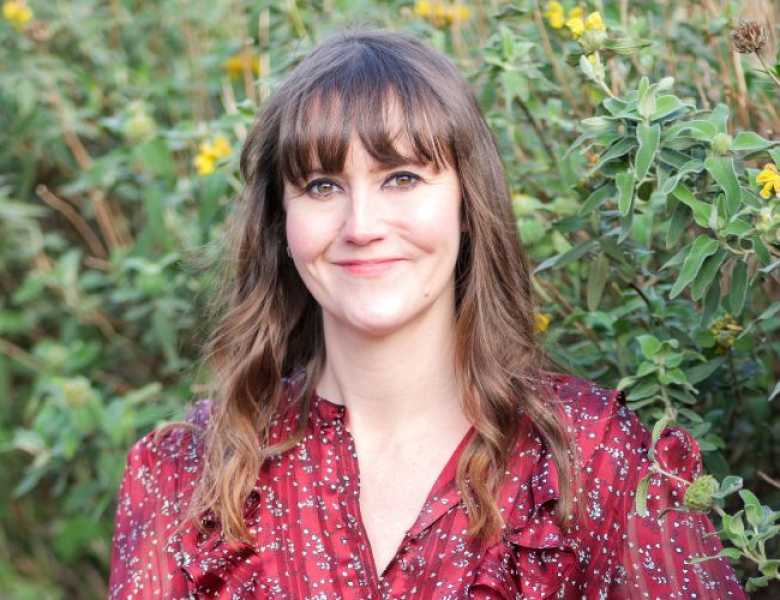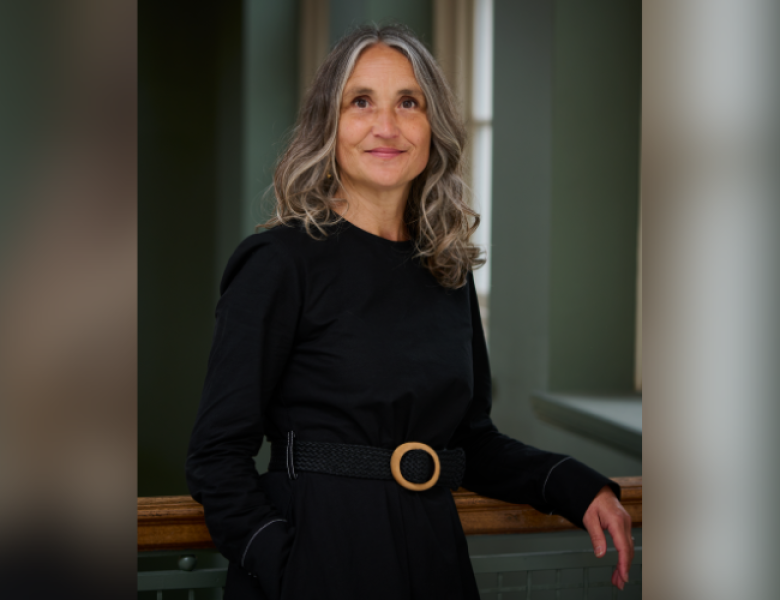Box Office
- CALL: 020 7922 2922
- EMAIL: boxoffice@youngvic.org
Visit us
Young Vic, 66 The Cut, Waterloo
London , SE1 8LZ
Newsletter Sign up
Sign Up Today
Chasing Hares playwright Sonali Bhattacharyya on political playwriting, jatra and the gig economy
What was the inspiration behind Chasing Hares?
Chasing Hares pulls together so many precious threads from my personal and family experience of work precarity and political and cultural resistance in West Bengal.
I started writing the play in 2018, as part of my residency at the Orange Tree Theatre with the Channel 4 and Peggy Ramsay Playwrights’ Scheme. It was a brilliant opportunity to write a new play and I pitched an idea about how the work precarity people like my mum’s family in West Bengal had been experiencing for decades was increasingly the norm in the UK. How we are all made to feel grateful for being in work at all, rather than living in penury. I had some loose ideas about exploring these themes in contemporary Britain and also in India in the 2000s, inspired by the experience of my maternal uncle’s employment at the Dunlop rubber factory. The factory had been hit hard by the recession, and was only intermittently open. My uncle and other employees were expected to be on call for these periods, with long spells of unemployment in between. It reminded me of what I’d read about the treatment of dockers in Victorian times, and was also a precursor to the ‘Mcjobs’ now so common in the UK. I started an intensive research period, reading books and articles about the gig economy, capitalism and its alternatives and speaking to people who worked in the gig economy. I also became interested in the characters being involved in ‘jatra’ – traditional Bengali folk theatre, which takes place in the round, often in the open air. I wanted to explore how the protagonist, Prab, comes to imagine radical change and also convince those around him of his ideas. When he reimagines the Mahabharata he is making a daring choice to question the status quo, and it opens up the possibility for him to further critique the society he lives in and the rigged future it offers for his baby daughter.
Tell us more about jatra, or Bengali Folk Theatre, which features in the play?
Jatra troupes perform outdoors in India and Bangladesh. Traditionally, they performed plays adapted from Hindu epics the Mahabharata and Ramanaya, but as the form developed new themes were woven in and contemporary folk tales created that celebrated the lives of ordinary people and their struggles. As jatra increasingly vied with Hindi cinema and television drama, this connection with local audiences became more vital. This shift from traditionalism and conservatism to more radical form and content echoes Prab’s belief in radical politics.
What are the challenges in writing a play set across two locations and time periods?
The two time periods and locations were important to me from the start – I wanted to explore the similar struggles workers are facing now and here in the UK to the early 2000s in West Bengal when the majority of the play is set. This was important for me for several reasons – I wanted to explore the theme of the legacy of migrant parents in a way I haven’t seen dramatised before, as well as the shared struggle we face across borders and what we can learn from those who’ve faced up to these challenges before us. Writing the play, I had to work out what needed to be woven between these two worlds, thematically, to make the connection between the two places and time periods vital and meaningful for the audience.
What do you want audiences to take away from Chasing Hares?
I think we’ve got to a point where the majority of people recognise the social inequality and injustice of our society is not just unfair, it’s also unsustainable. As we head into a summer of industrial action, with ordinary people standing up for their rights at work in the UK and in India – from pay and conditions to job security, the themes of this play could not be more pertinent. Prab dreams of what an alternative society might look like. He has to fight to achieve any change and pays the ultimate price, but his ideas are passed down as a legacy to his daughter, Amba, who carries on this struggle. She’s in a very different context but she and her friends are experiencing similar challenges. This play is a love letter to all the organisers and all the activists and all the dreamers – the people who do the slow, patient, quiet work of trying to build a fairer and more equal society. I want people to be inspired by Prab’s idealism and the mantle he passes onto Amba. To see their own role in this work, to join in, to believe a better world is possible.
Discover more about Chasing Hares here. Playing until 13 Aug 2022.


